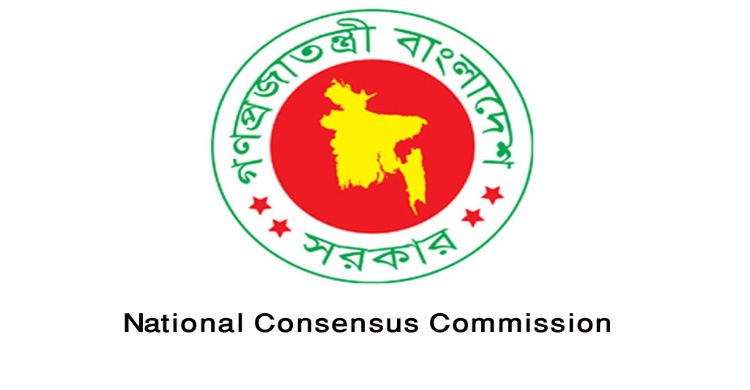NCC publishes opinions of parties, alliances and experts on implementation of July Charter


The National Consensus Commission (NCC) has released the opinions and recommendations of the political parties, alliances and experts regarding the implementation and legal framework of the “July National Charter 2025.”
The commission, based on series of consultations with political stakeholders and constitutional experts, today made public the recommendations discussed in those meetings concerning constitutional issues related to the Charter.
According to the commission, the suggestions received include holding a referendum on the full Charter or parts of it, implementation through a special constitutional order by the President under executive authority, formation of a Constituent Assembly through elections to take necessary constitutional measures, implementation by the elected representatives of the 13th Parliament, and turning Parliament into a constitutional reform assembly to incorporate the Charter into the constitution.
Another recommendation was to seek the opinion of the Appellate Division of the Supreme Court under Article 106 of the Constitution through a presidential reference on whether the interim government can implement the Charter.
It may be noted that an expert panel, after holding multiple meetings and considering different alternatives, initially suggested five possible ways of implementation—by ordinance, by executive order, by referendum, by special constitutional order, and by seeking the Supreme Court’s opinion under Article 106.
Subsequently, following further detailed discussions, the participants advised that the issues included in the July National Charter 2025—along with notes of dissent where applicable—could primarily be implemented in four ways: by ordinance, by executive order, by referendum, or by special constitutional order.
The commission also informed that consensus was reached on two points including issues not related to the constitution could be implemented by the interim government through promulgation of ordinances.
In fact, the government has already issued ordinances on some such matters and begun their implementation.
The second consensus point was that matters which can be executed by the government or relevant authorities through orders and regulations may also be implemented accordingly. Besides, the government and concerned authorities have already initiated necessary steps to implement some of those recommendations.
